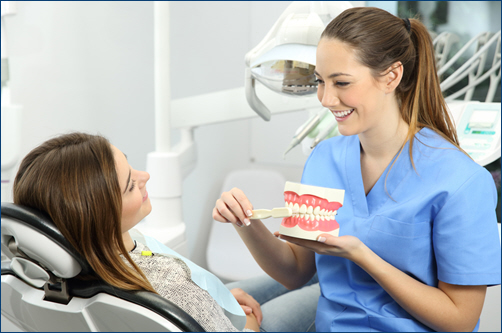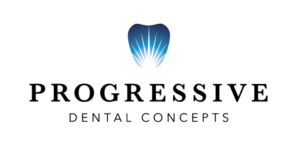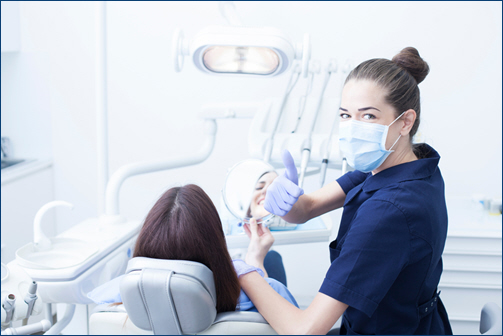Dental Hygienist: A Step-by-Step Guide to Starting Your Career
A career as a dental hygienist can be both rewarding and fulfilling. It offers the opportunity to help people maintain their oral health and prevent dental diseases. Dental hygienists are essential members of the dental care team. They’re responsible for providing preventive care, educating patients, and assisting dentists with treatments. If you’re considering a career in dental hygiene, this step-by-step guide will help you understand the necessary steps to start your journey.
First: Research and Understand the Role
-
- Duties and Responsibilities: Dental hygienists perform a variety of tasks. These include cleaning teeth, examining patients for signs of oral diseases, taking dental X-rays, and educating patients about oral hygiene. Understanding these duties will help you determine if this career aligns with your interests and skills.
- Career Opportunities: Explore the different work environments available to dental hygienists. These include private dental practices, hospitals, public health clinics, and educational institutions. This research will give you insight into the potential career paths and job stability in the field.
 Second: Pursue the Necessary Education
Second: Pursue the Necessary Education
-
- Accredited Dental Hygiene Program: Enroll in an accredited dental hygiene program, which typically requires an associate degree in dental hygiene. These programs are offered at community colleges, technical schools, and universities, and usually take two to three years to complete. Coursework includes subjects like anatomy, periodontology, radiography, and dental materials.
- Bachelor’s or Master’s Degree: While an associate degree is sufficient for most entry-level positions, pursuing a bachelor’s or master’s degree in dental hygiene can open up additional opportunities in research, education, or public health.
Third: Obtain Licensure
-
- National Board Dental Hygiene Examination (NBDHE): After completing your dental hygiene program, you must pass the NBDHE, a written examination that assesses your knowledge of dental hygiene practices.
- Clinical Examination: In addition to the NBDHE, most states require you to pass a clinical examination administered by a regional testing agency. This exam evaluates your practical skills and ability to perform dental hygiene procedures.
- State Licensure: Apply for a dental hygienist license in the state where you plan to practice. Each state has its own requirements, so be sure to check with the state dental board for specific details.
Finally: Build Experience and Skills
-
- Gain Practical Experience: Consider internships, part-time positions, or volunteer opportunities in dental offices to gain hands-on experience and build your professional network.
- Develop Soft Skills: Communication, empathy, and attention to detail are essential skills for dental hygienists. Working on these soft skills will help you succeed in interacting with patients and collaborating with dental teams.
Becoming a dental hygienist involves a combination of education, licensure, and practical experience. By following these steps and dedicating yourself to continuous learning, you can build a successful career in dental hygiene. As a dental hygienist, you’ll play a vital role in promoting oral health and improving the well-being of your patients, making a positive impact in your community. This rewarding profession offers opportunities for growth, flexibility, and the satisfaction of helping others maintain healthy smiles.



